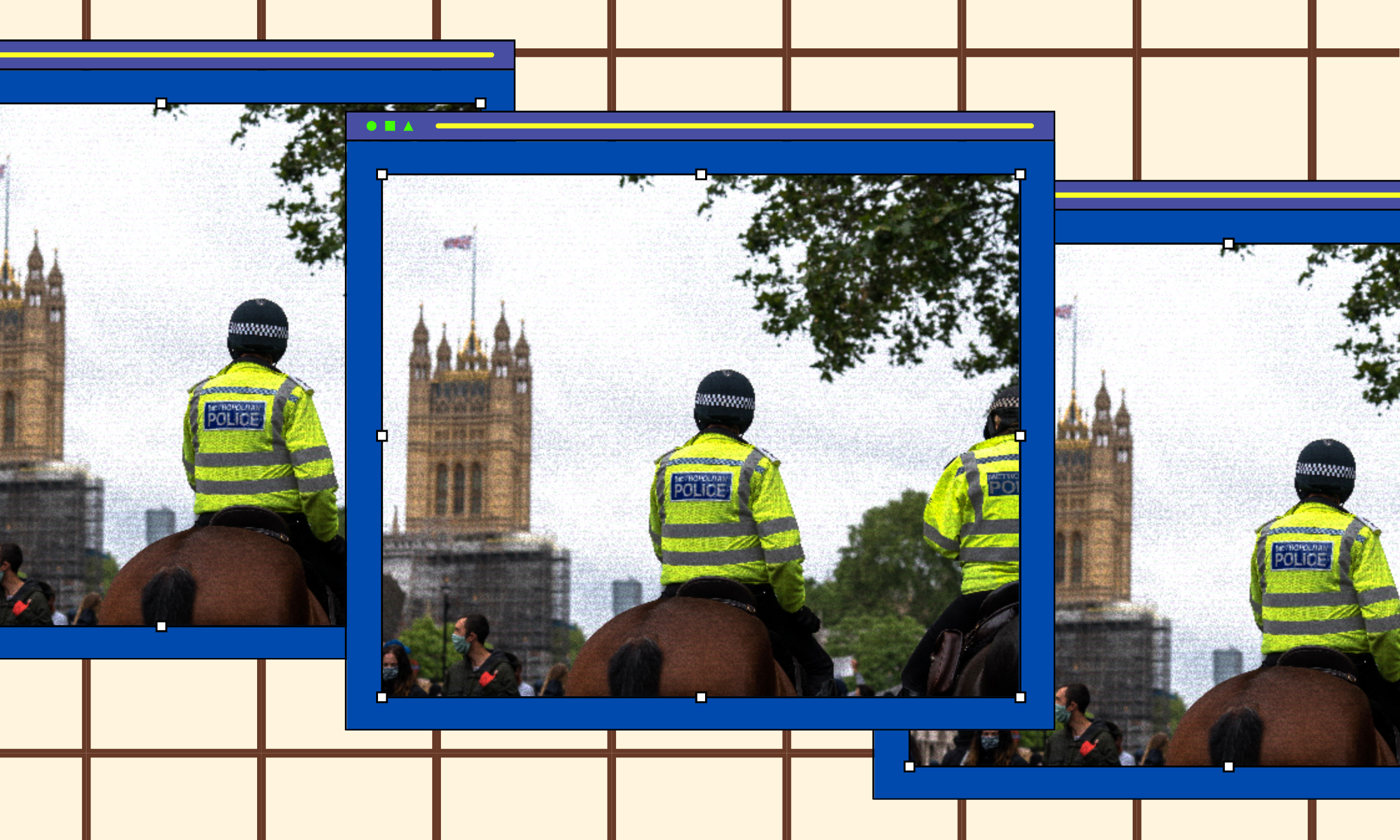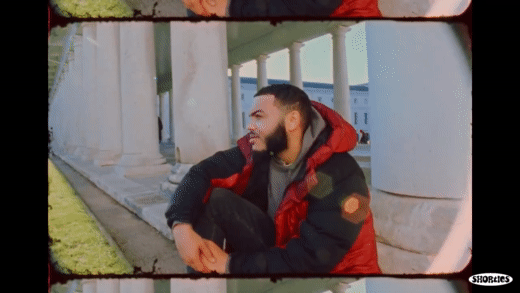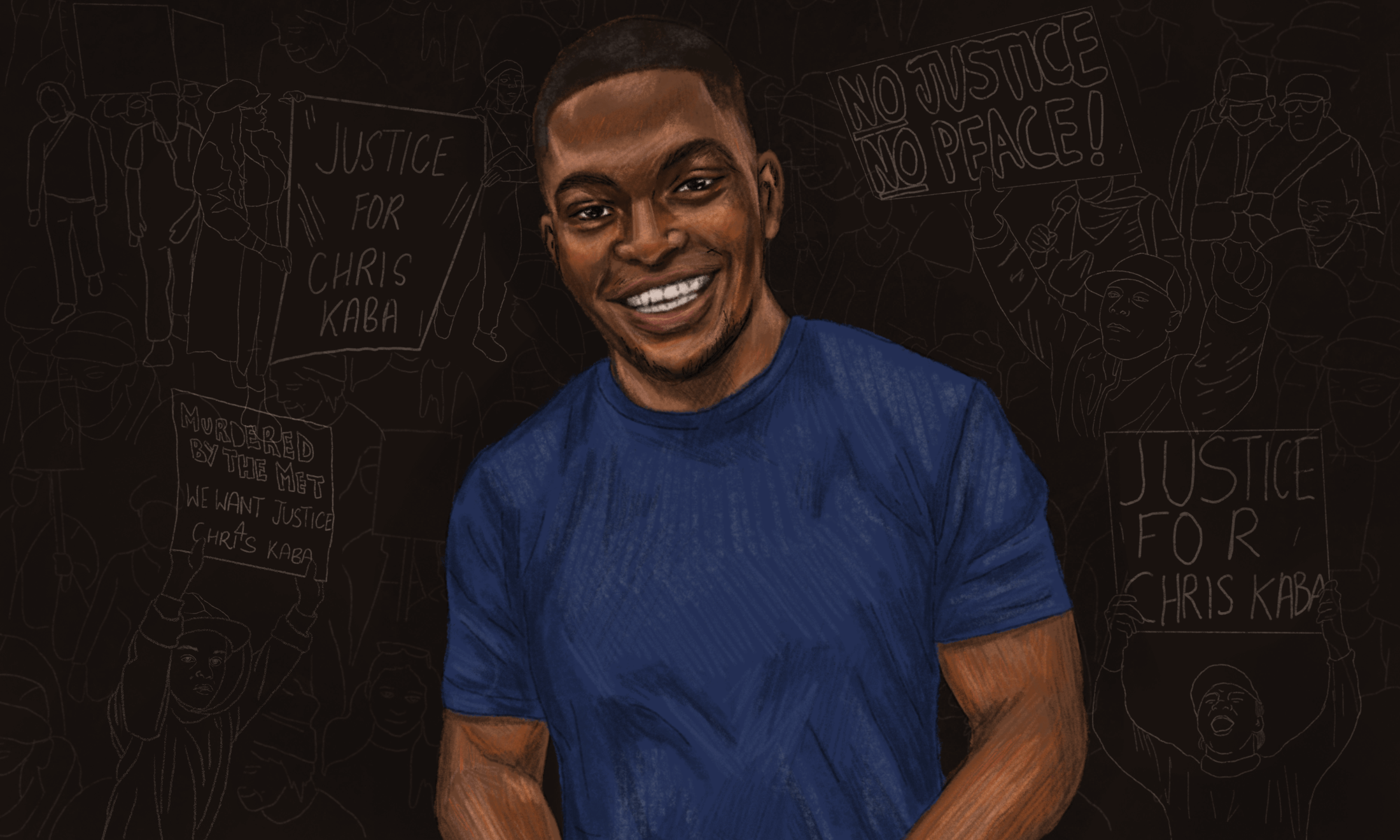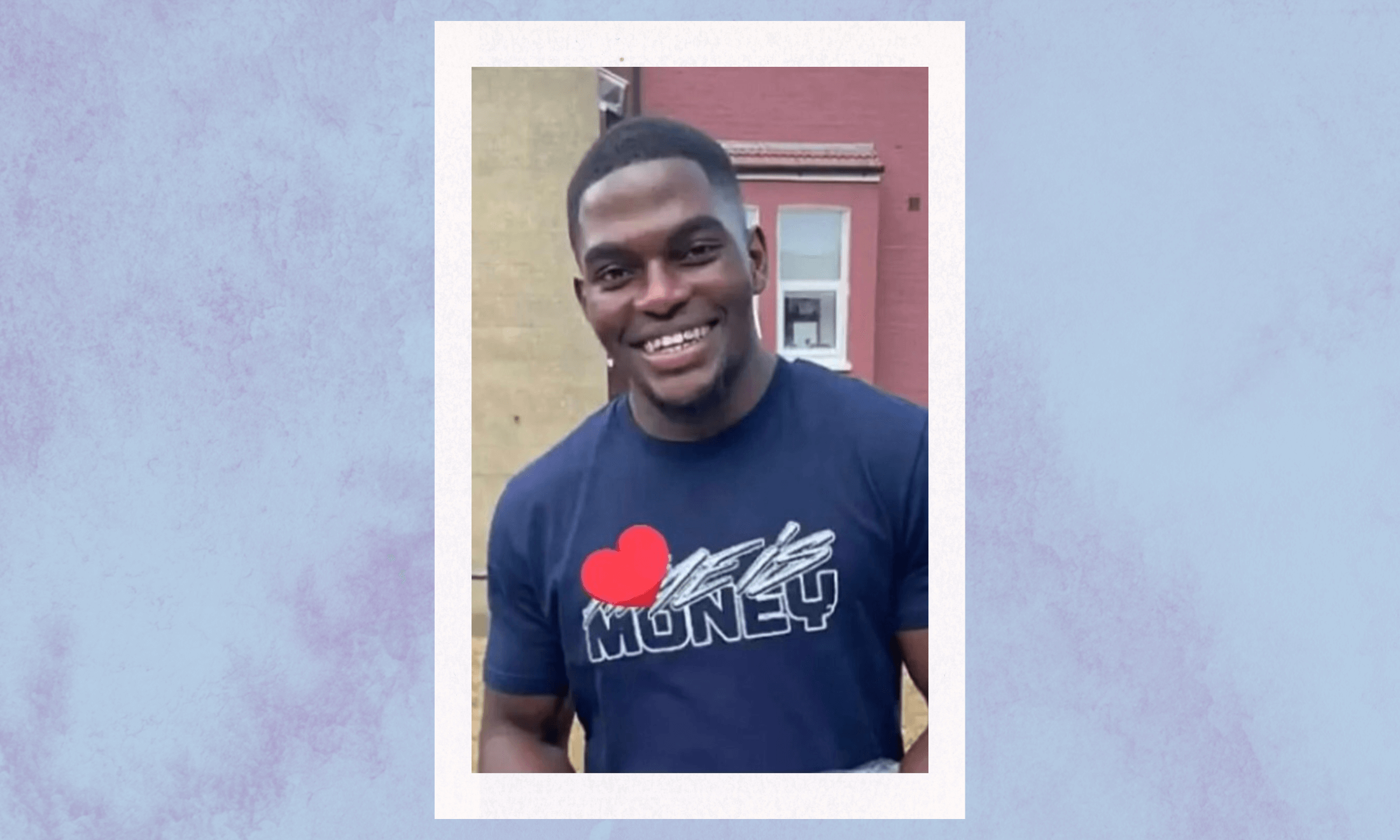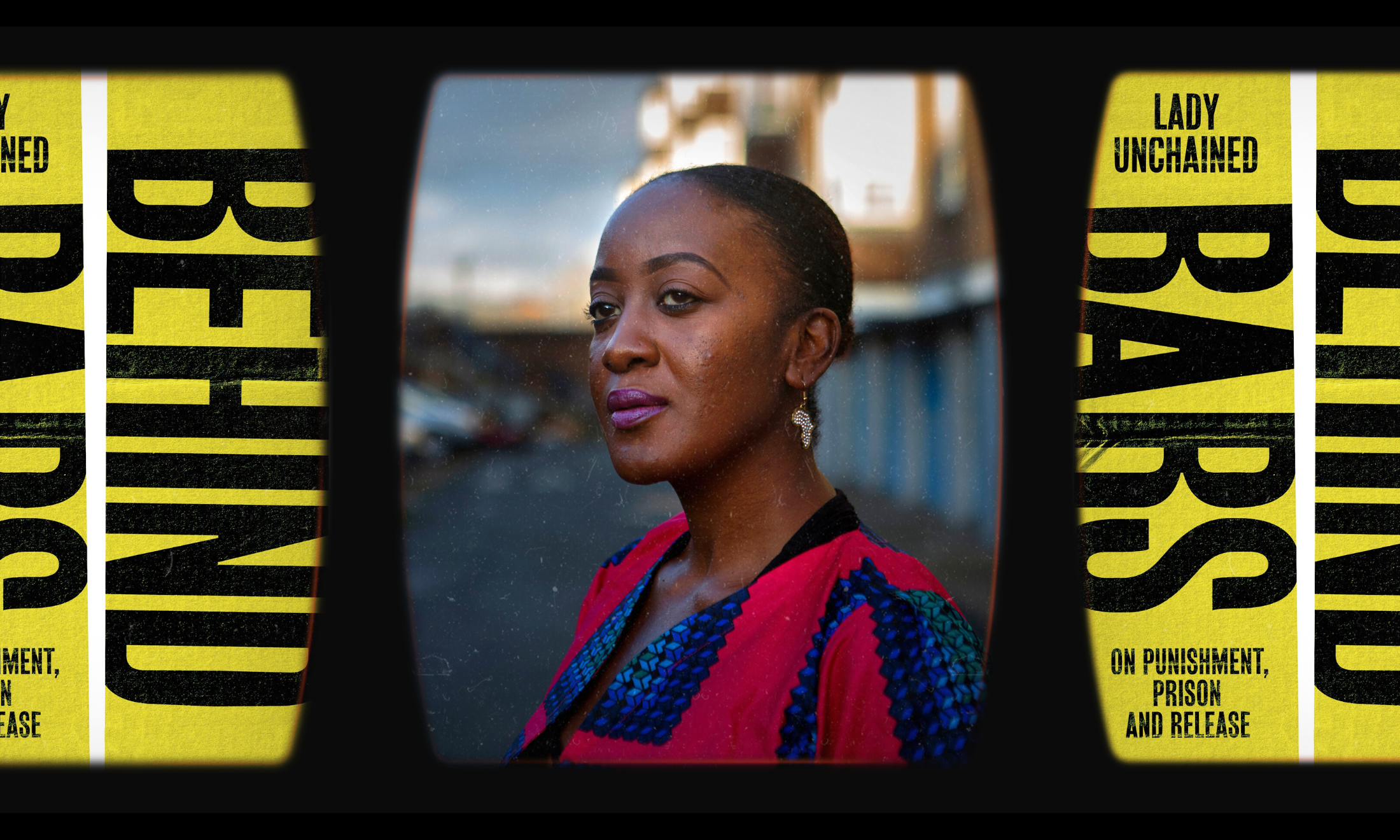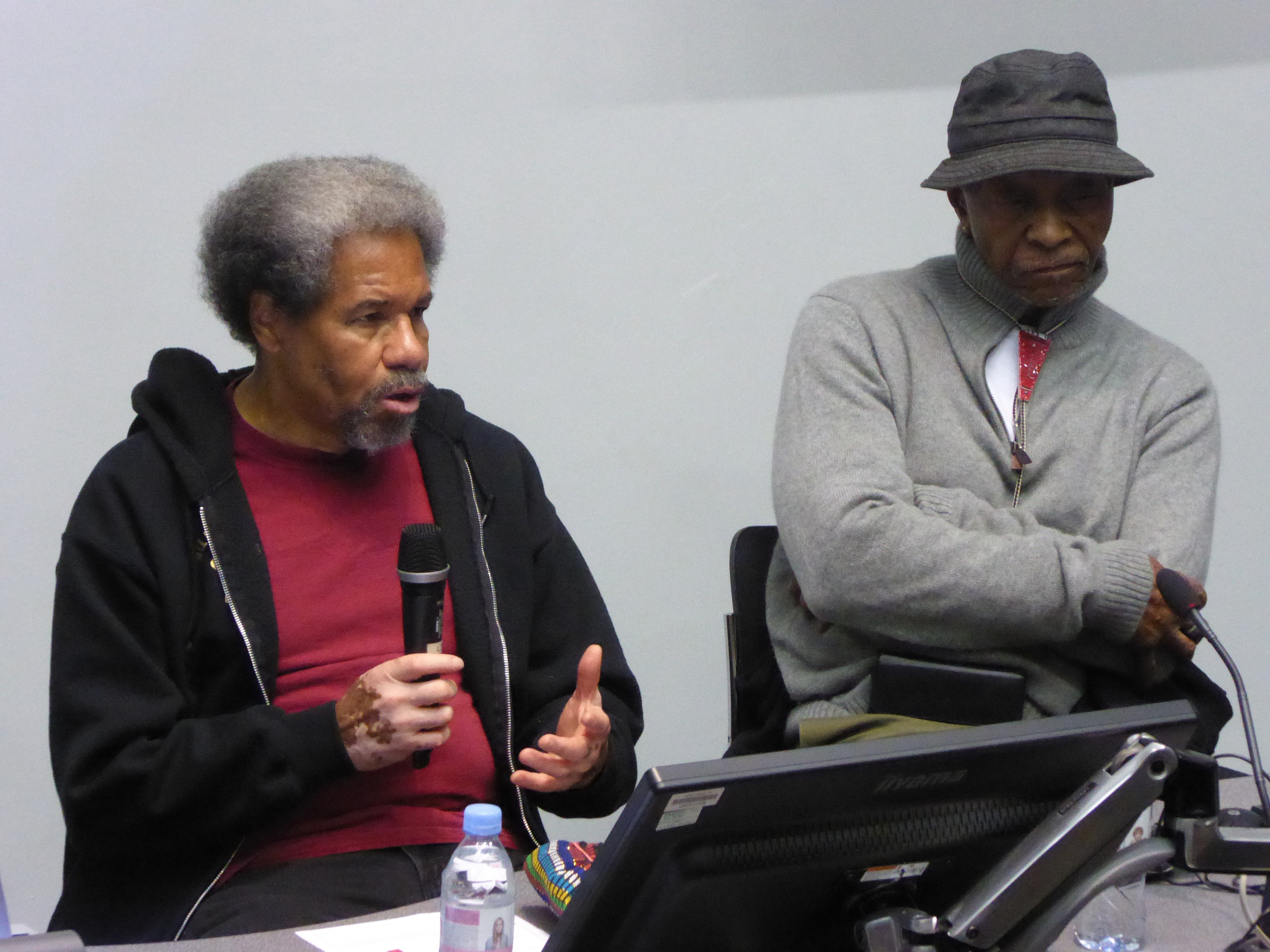
Image by Ardfern/Wikimeda Commons
It has been two years since I met two of the Angola 3. The Angola 3 are three black men (one of whom sadly died after his release in 2013) who were accused of the death of a prison officer in 1972, and who maintain their innocence to the present day. A 2013 press release by Amnesty International states that “no physical evidence links [the Angola 3] to the crime – potentially exculpatory DNA evidence has been lost and the testimony of the main eyewitness has been discredited.” The men were tried and charged with stabbing a prison guard, and then sentenced to solitary confinement for decades. Albert Woodfox was in solitary confinement almost continuously for 43 years, which is the longest that anyone in the US has ever been incarcerated in this way.
After watching the film “The Hate You Give” and reflecting on the present day treatment of black people by the police in the US, with names like Tamir Rice, Sandra Bland and Eric Garner swimming around my mind, I felt that the story of the Angola 3 – wise and militant freedom fighters – is as relevant now as it was over 40 years ago.
In 2016, I had the great honour and privilege of attending a talk given by two of the surviving Angola 3 freedom fighters: Albert Woodfox and Robert King. Woodfox and King spoke about about being targeted by the prison authorities in Angola prison, who feared them due to their dedication to organising and educating black men in prison, and the relative power this gave them.
“The Black Panthers organised a wide variety of programmes which sought to uplift the black community”
The two men spoke about how they had learnt about black history and the injustice of the disproportionate incarceration of young, black men in profit-making prisons. Both Woodfox and King cited the positive and liberating effect that the Panthers had on their lives. They reflected positively about their early contact with the Panthers’ community work, which included escorting elders when they went grocery shopping, or holding classes and discussions on economic, political and social issues which concerned black people. The Black Panthers organised a wide variety of programmes which sought to uplift the black community, but due to successful indoctrination and propaganda from the mass media, the Panthers’ public reputation is that of a violent and destructive organisation.
The two men also spoke about the creative ways they organised in prison, which included organising sports events where a number of black men could come together without raising suspicions, and talk about pressing issues that were on the Panthers’ agendas. At these meetings they would discuss the pressing issues in Angola prison, a notoriously bloody and violent place to be incarcerated. They would organise protests and campaign about issues such as the lack of correct equipment for the prisoners to use when they were working the fields, due to the fact that the prison officers (or overseers, as KRS-One might refer to them) were misappropriating the equipment and selling it off to make quick cash.
While the Angola 3 were in solitary confinement, the officers would plead with them to denounce the Black Panthers and in Woodfox’s words, “run along and be good boys”, promising that if they denounced the party then they would be moved out of solitary. The Angola 3 remained committed to their position. Woodfox and King said that without their politicisation they couldn’t have survived the difficulty of solitary confinement.They knew that they were cogs in a system which was unjust, and designed to oppress them and deny them equal opportunities.
“Woodfox attributed his survival in Angola prison to the strength and faith that his mother had passed down to him”
Woodfox attributed his survival in Angola prison to his knowledge of the prison system, and also his realisation of the strength and faith that his mother had passed down to him. The Angola 3 made a firm resolution not to allow themselves to become “institutionalised” – they did not want to become just another black man who had “lost his mind” whilst in solitary confinement, and they wanted to stay loyal to their social and political beliefs. The Panthers had taught them that it was their role and responsibility to educate and spread knowledge amongst their community, even more so behind bars. Whilst incarcerated, Woodfox tried to help and support many men in solitary so that they wouldn’t “lose their minds”, but at the talk he expressed feeling like he lost this battle more times than he won it.
It is surprising that the two men aren’t bitter after spending decades in solitary confinement; at the talk they seemed wise and serene. Woodfox explained, “Of course I’m bitter, but not in a malicious way. I don’t have time to be bitter.” He stated that he is free now and he has work to do for the greater good of his people.
Woodfox explained: “People say revenge is sweet and there’s a truth to that but I’m not concerned with revenge. That revenge might satisfy a tiny part of myself but I’m concerned with something bigger.” This sentiment is congruent with the attitude of a Bodhisatva, a Sanskrit word meaning a “Great Soul”: a person who has developed an enormous amount of compassion and lives not for the benefit of themselves, but for the benefit of all beings.
As Woodfox and King spoke, their deep-rooted wish to support and educate their community was evident. Their politics and work stems from a lived understanding that the criminal justice system is designed to oppress the people who have the least agency in society.
Due to the two men’s political beliefs and their dedication to spreading knowledge, they were victimised in prison and ended up being charged with a murder that they didn’t commit. Due to their commitment to the Black Panthers and the knowledge, wisdom and strength that their membership to the Panthers gave them, they refused to denounce their beliefs and continued to endure decades of solitary confinement. Due to the greatness of their spirits they are now dedicated to sharing their stories across the globe and are using the rest of their lives to envision and put into action the liberation they endured incarceration to pursue.

